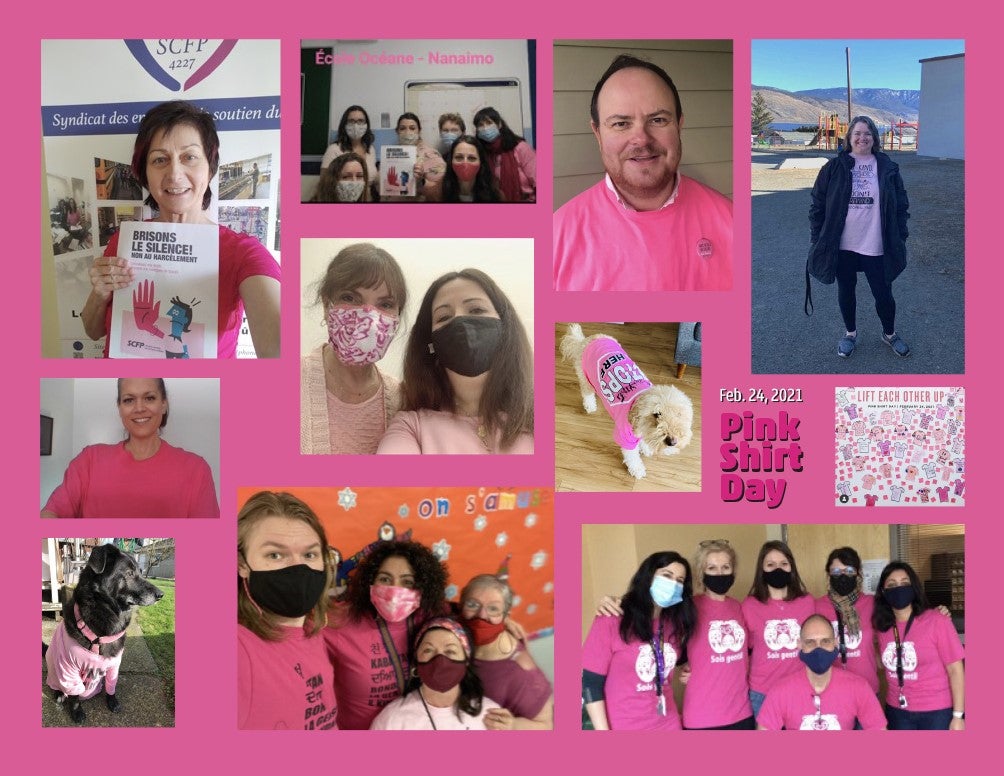B.C.’s vaccine distribution plan focuses on first protecting the most vulnerable in Phases 1 and 2. We are now in Phase 2 which is expected to run from February to April. No one will lose their place in line. For example, if someone in Phase 2 cannot be immunized at that time, they can get the vaccine at any point thereafter.
Delay on second doses
On Monday, Dr. Bonnie Henry announced that every eligible adult in British Columbia should be able to receive a first dose of a COVID-19 vaccine by late July based on the approval of a new vaccine and the decision to delay second doses.
The National Advisory Committee on Immunization (NACI) gives the Public Health Agency of Canada scientific advice about immunization. It recommends that in the context of limited COVID-19 vaccine supply, the number of people receiving vaccines be maximized by extending the interval for the second dose to four months. This provides the opportunity to protect the entire adult population in a short timeframe. NACI will continue to monitor evidence on effectiveness of extended dose intervals and will adjust recommendations as needed.
Accelerating availability
A joint statement from the Minister of Health and the PHO noted that the addition of the newly approved AstraZeneca vaccine means they may be able to look at accelerating vaccine availability for essential workers. We are hopeful that the approval of the new vaccine will result in an earlier timeline for K-12 members.
Vaccines are safe
Health Canada has conducted a rigorous and thorough scientific review of the available medical evidence to assess the safety of the Pfizer, Moderna and AstraZeneca COVID-19 vaccines before approving them. No major safety concerns have been identified in the data.
Canada has agreements with 7 pharmaceutical companies to get enough doses to immunize all Canadians.
The COVID-19 vaccine produces immunity which means that you can be exposed without becoming sick, or if you do become infected, it prevents more severe illness.
Vaccines protect both the vaccinated person and everyone around them.
CUPE encourages all members to receive the vaccine when it becomes available to them. We also recognize that some members will refuse the vaccine due to medical, religious or cultural reasons. If this is your situation, please work with your CUPE Local and National Representative.
View PDF.

